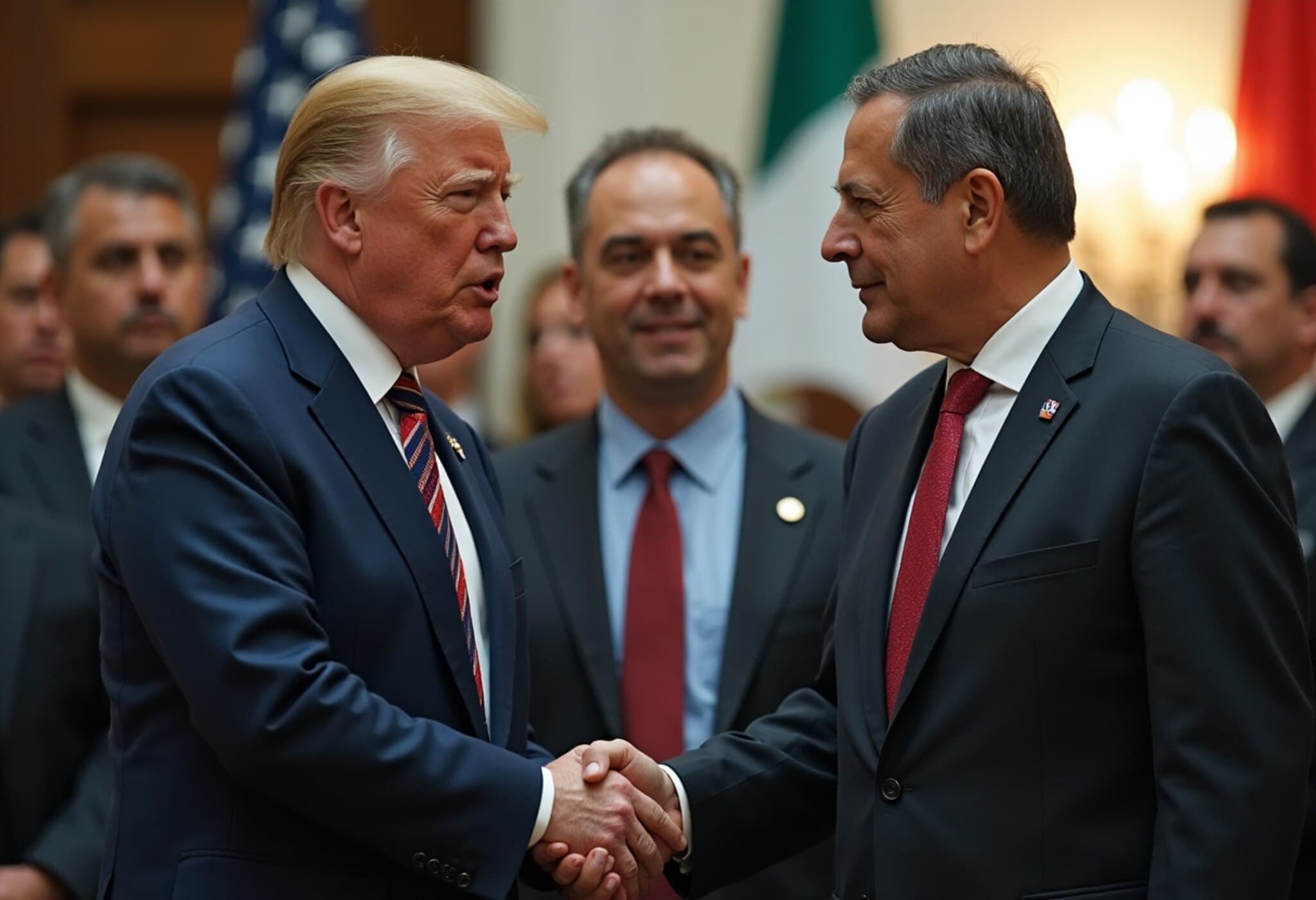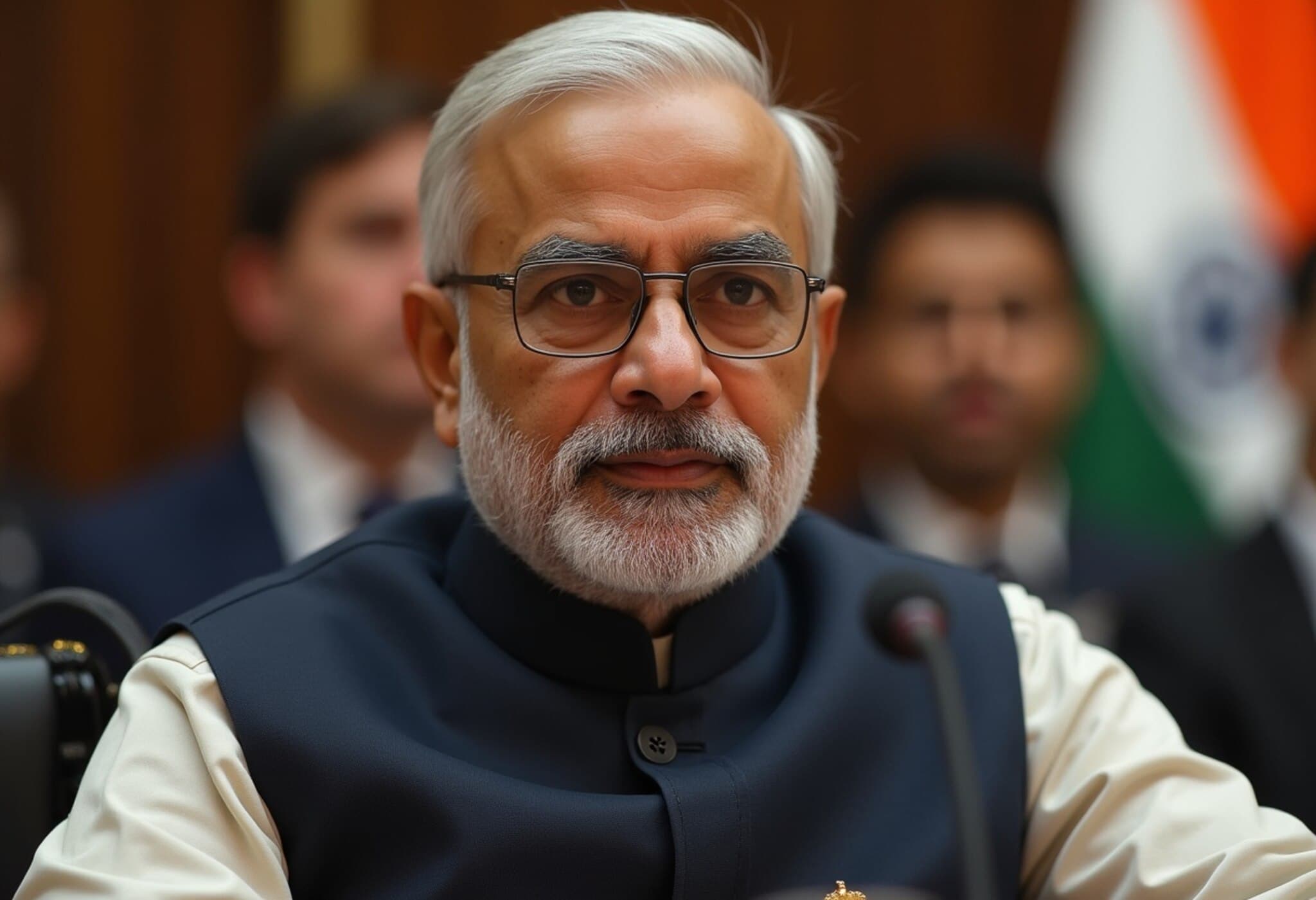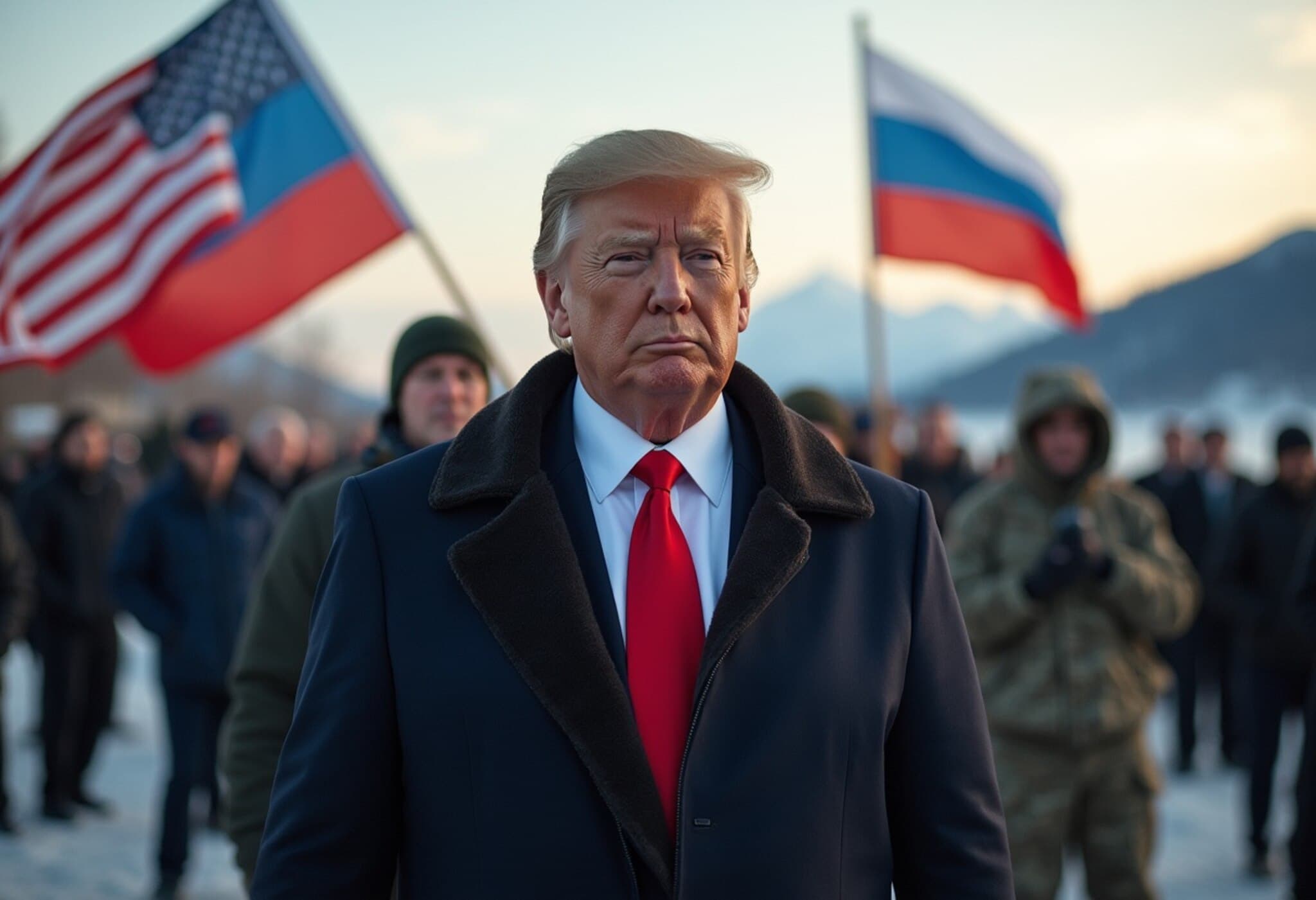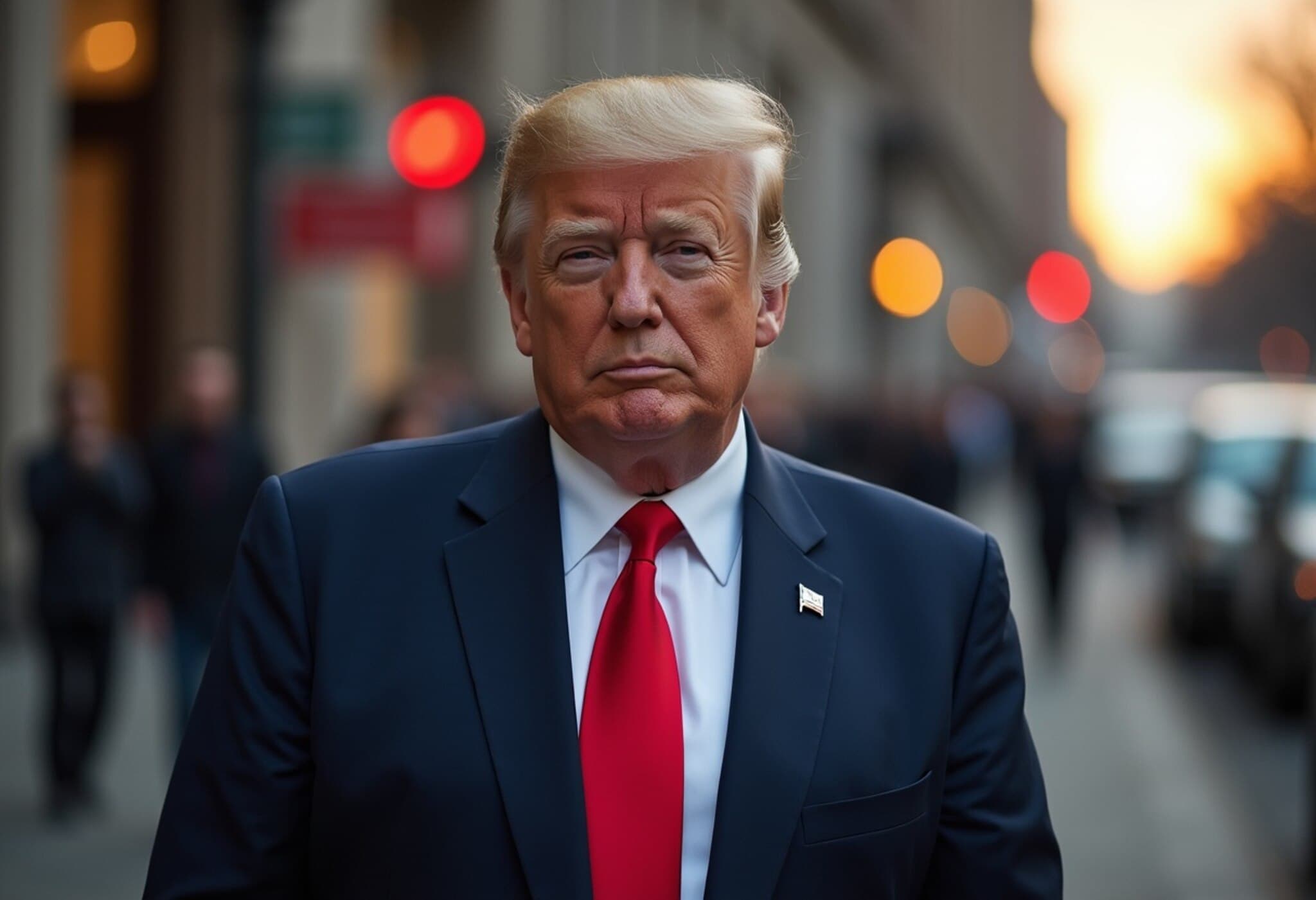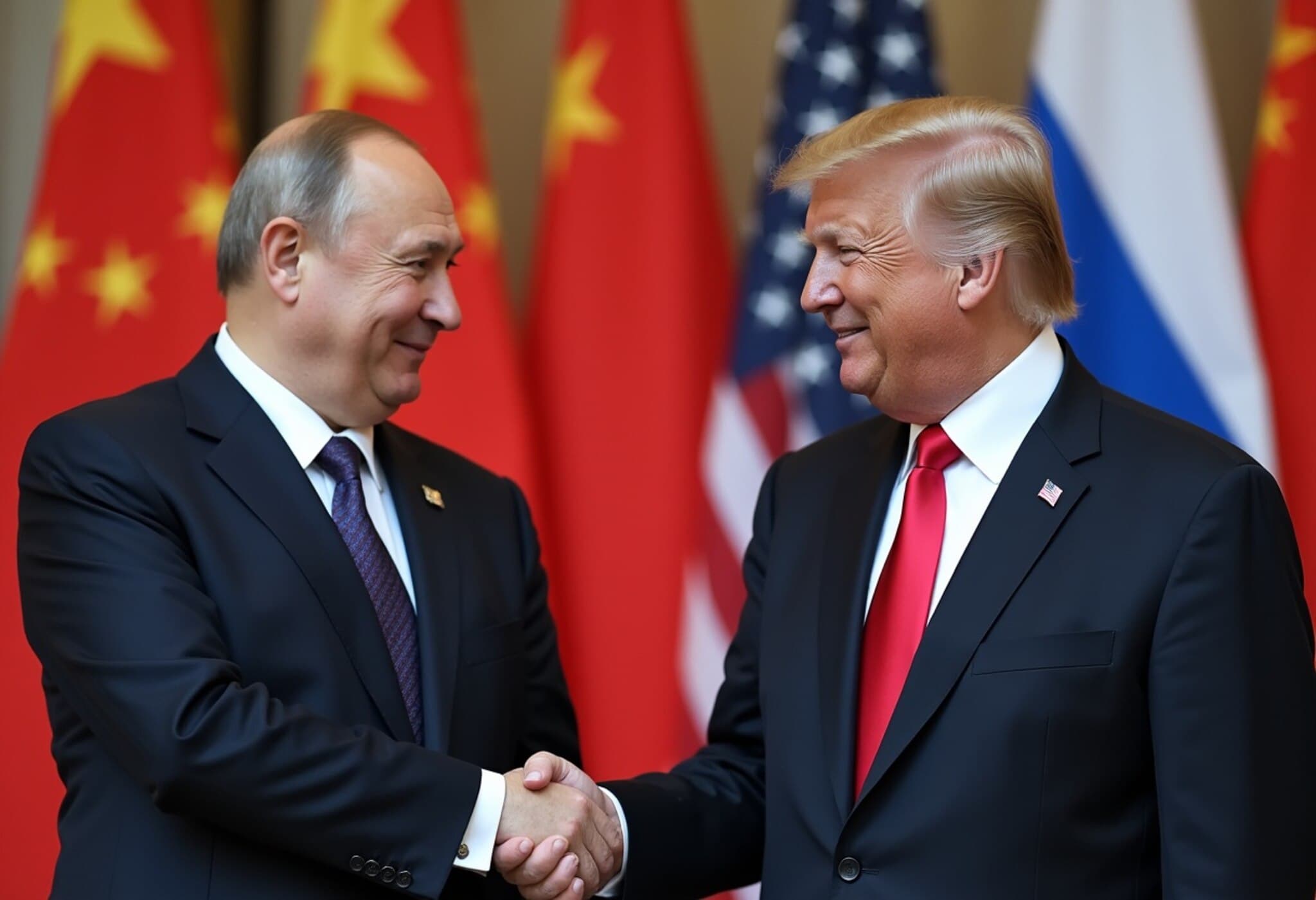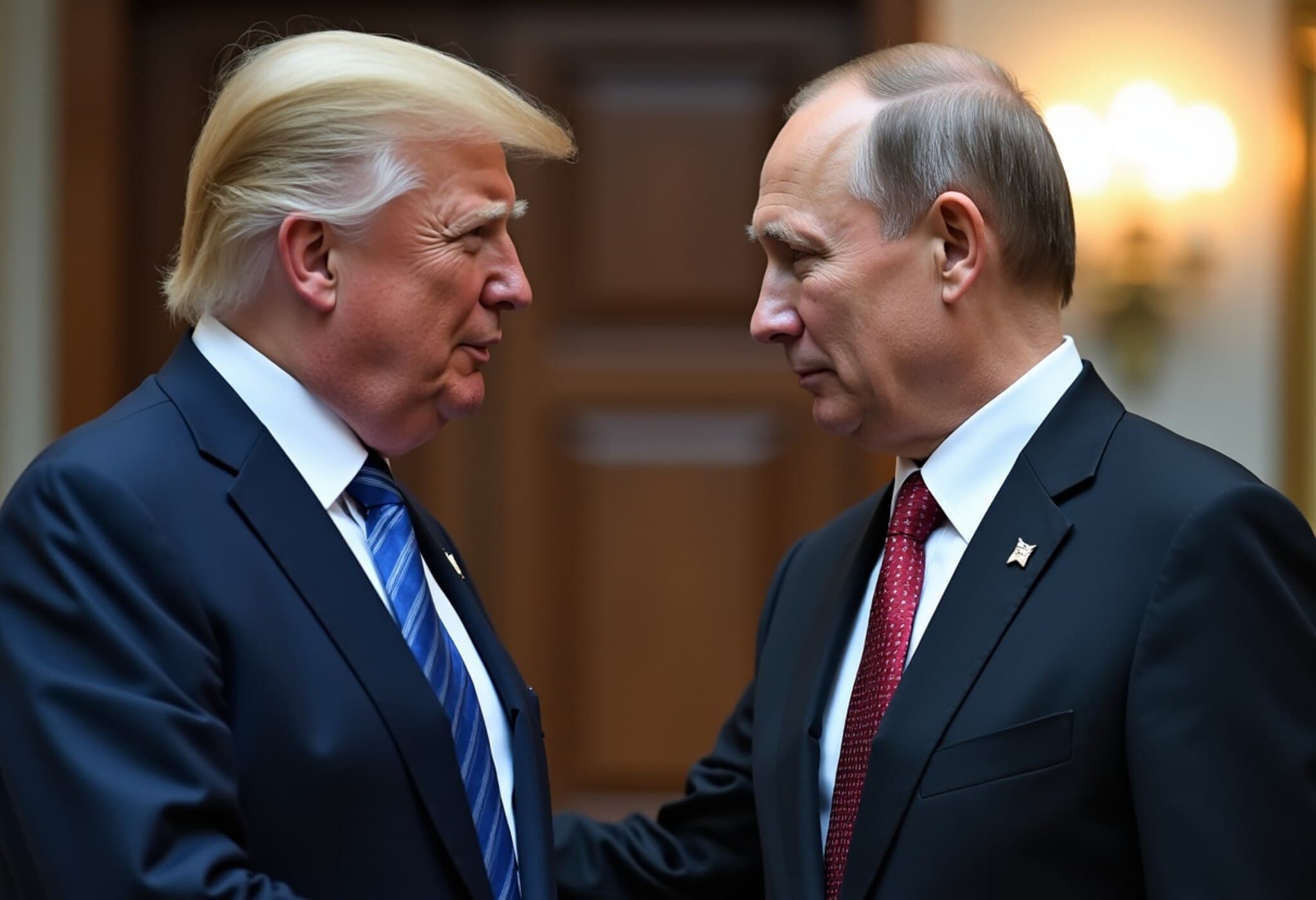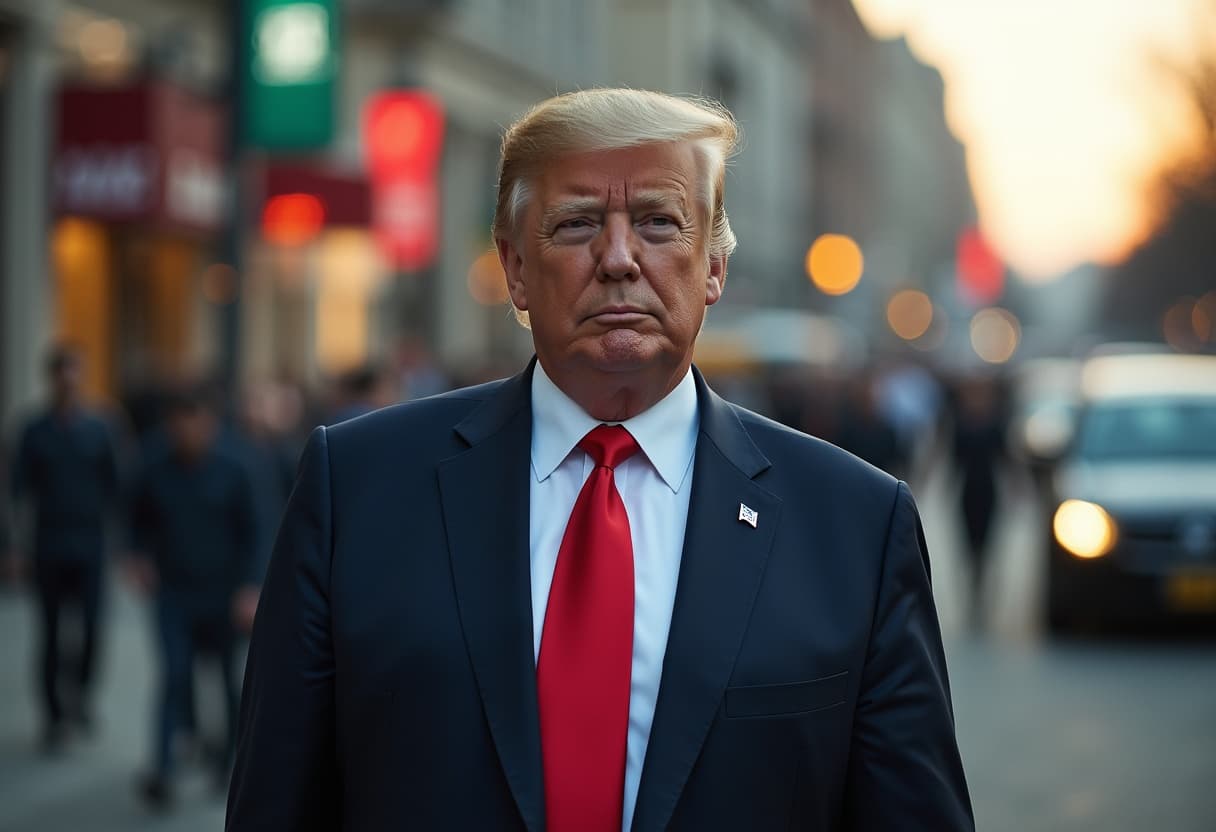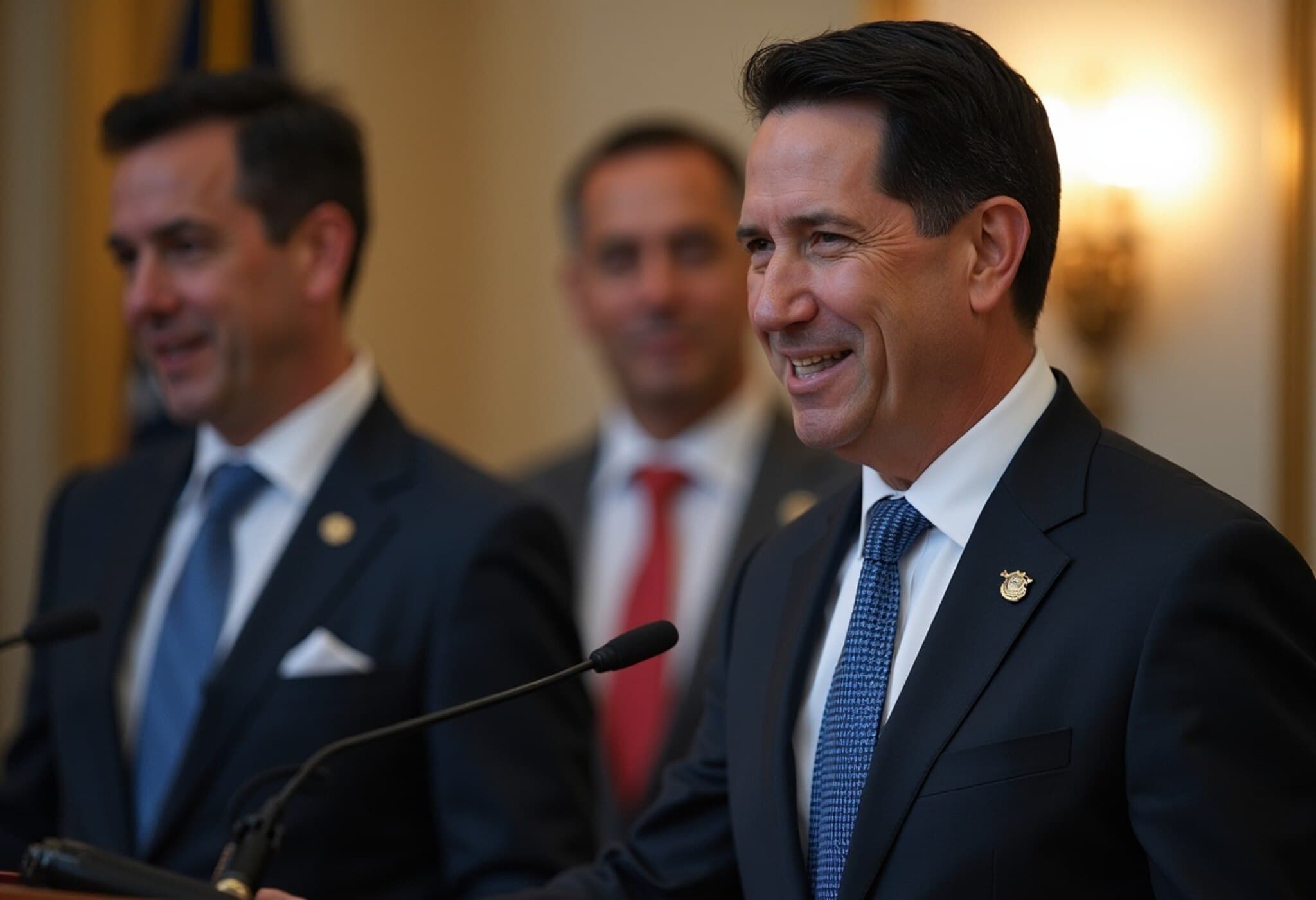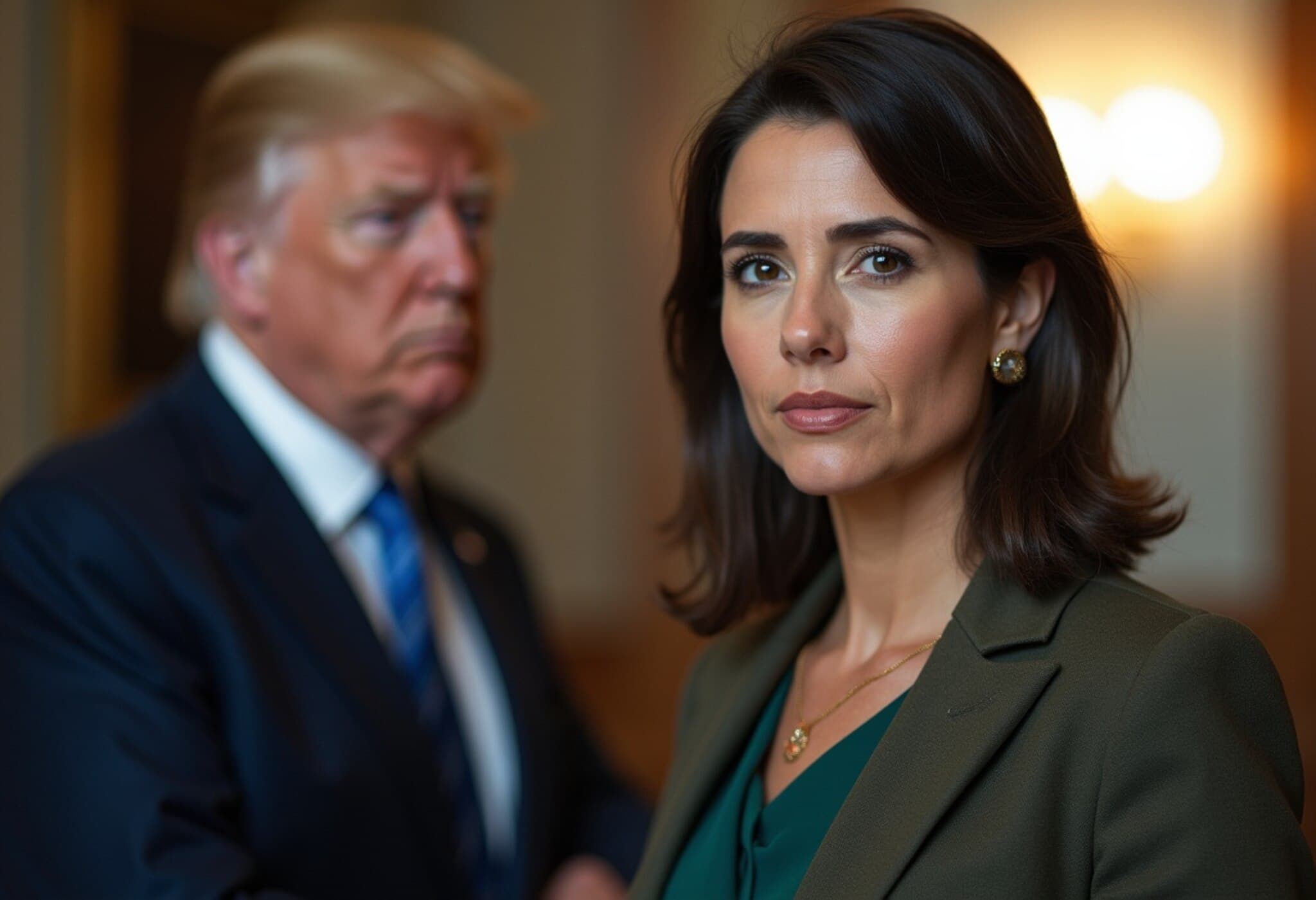U.S. and Mexico Renew Commitment to Joint Fight Against Drug Cartels
In a significant diplomatic development this week, the United States and Mexico recommitted to working together to dismantle powerful drug cartels while firmly respecting each country's sovereignty. The announcement came following a high-profile meeting between U.S. Secretary of State Marco Rubio and Mexican President Claudia Sheinbaum in Mexico City on September 3, 2025.
A New Chapter in Bilateral Security Cooperation
The meeting of key leaders, including Mexico’s Foreign Minister Juan Ramón de la Fuente and Security Minister Omar García Harfuch, culminated in a joint declaration affirming a strengthened partnership against organized crime. Crucially, the agreement reassured both nations that collaboration would happen without unilateral military incursions or breaches of national sovereignty—a sensitive subject for Mexico amid past tensions.
“Cartels threaten the national security of both Mexico and the U.S.,” Secretary Rubio emphasized, underscoring the shared stakes. As evidence of growing cooperation, Rubio also applauded Mexico’s efforts in arresting 59 high-value cartel figures and extraditing them to the United States for prosecution.
Balancing Enforcement With Sovereignty: Mexico’s Stance
President Sheinbaum has taken a clear stand against any U.S. cross-border operations on Mexican soil, reflecting widespread domestic concern about sovereignty and national pride. “Our talks have been cordial,” Sheinbaum noted on social media, stressing progress in months of negotiations toward durable security solutions.
Foreign Minister de la Fuente acknowledged complex challenges remain. Still, he expressed optimism that, with mutual respect, a “fruitful” partnership can flourish. This diplomatic dance highlights Mexico’s effort to strike a careful balance—working with Washington on drug enforcement and migration issues, while pushing back against perceived American heavy-handedness.
Context: A History of Tensions and Cooperation
This fresh agreement arrives amid years of fraught relations where former U.S. President Donald Trump often threatened aggressive policies—including military actions and tariffs targeting Mexico over drug trafficking and migration controls.
- Trump's military directives: The Pentagon was ordered to confront drug cartels labeled terrorist organizations, intensifying fears of unilateral strike operations.
- Tariff threats: To pressure Mexico to curb migration and cartel activity, tariffs on Mexican goods were proposed, risking economic blowback.
Despite these pressures, Mexico’s current administration has acted robustly—detaining record numbers of cartel members. This evolving dynamic underlines a shared understanding that while force may be necessary, diplomacy and sovereignty respect are paramount.
Addressing Cross-Border Challenges: Migration and Arms Trafficking
Besides counternarcotics, the two sides also agreed to coordinate on limiting illegal migration. The U.S. has seen a recent drop-off in border crossings, but concerns persist. Another urgent issue raised by Mexico revolves around the flow of illegal firearms from the U.S. fueling violent cartel wars domestically. Secretary Rubio acknowledged this challenge and confirmed that arms trafficking would be a priority for the new high-level coordination group.
Expert Analysis: What This Means for U.S.-Mexico Relations and Regional Security
This renewed cooperation signals a potential turning point in North American security relations. It signifies the U.S. stepping back from unilateral action in favor of multilateral strategies, reflecting lessons learned from past contentious operations. For Mexico, it’s a chance to assert sovereignty while gaining vital support to tackle entrenched organized crime.
However, many questions remain open:
- How will the bilateral group operationalize intelligence sharing without compromising security?
- Can Mexico effectively curtail arms trafficking at its southern border given porous controls?
- What role will this cooperation play in addressing the root causes of migration and drug demand in the U.S.?
Finally, the agreement touches on a broader diplomatic trend where international respect for sovereignty must coexist with the imperatives of addressing transnational threats like drug trafficking and organized crime.
Conclusion
The United States and Mexico have clearly stated their intent to work hand-in-hand against drug cartels while maintaining national sovereignty—an approach that both acknowledges past frictions and charts a course for pragmatic partnership. With leadership committed on both sides and a new high-level coordination mechanism in place, the coming months will be vital to transform these promises into sustained action.
As the U.S. and Mexico deepen their collaboration, the challenge will be in balancing assertive enforcement against criminal networks with respect for sovereignty and civil liberties. Readers are invited to consider how this delicate balancing act might inform future U.S. foreign policy, particularly in managing complex transnational security threats without inflaming nationalist sensitivities.

